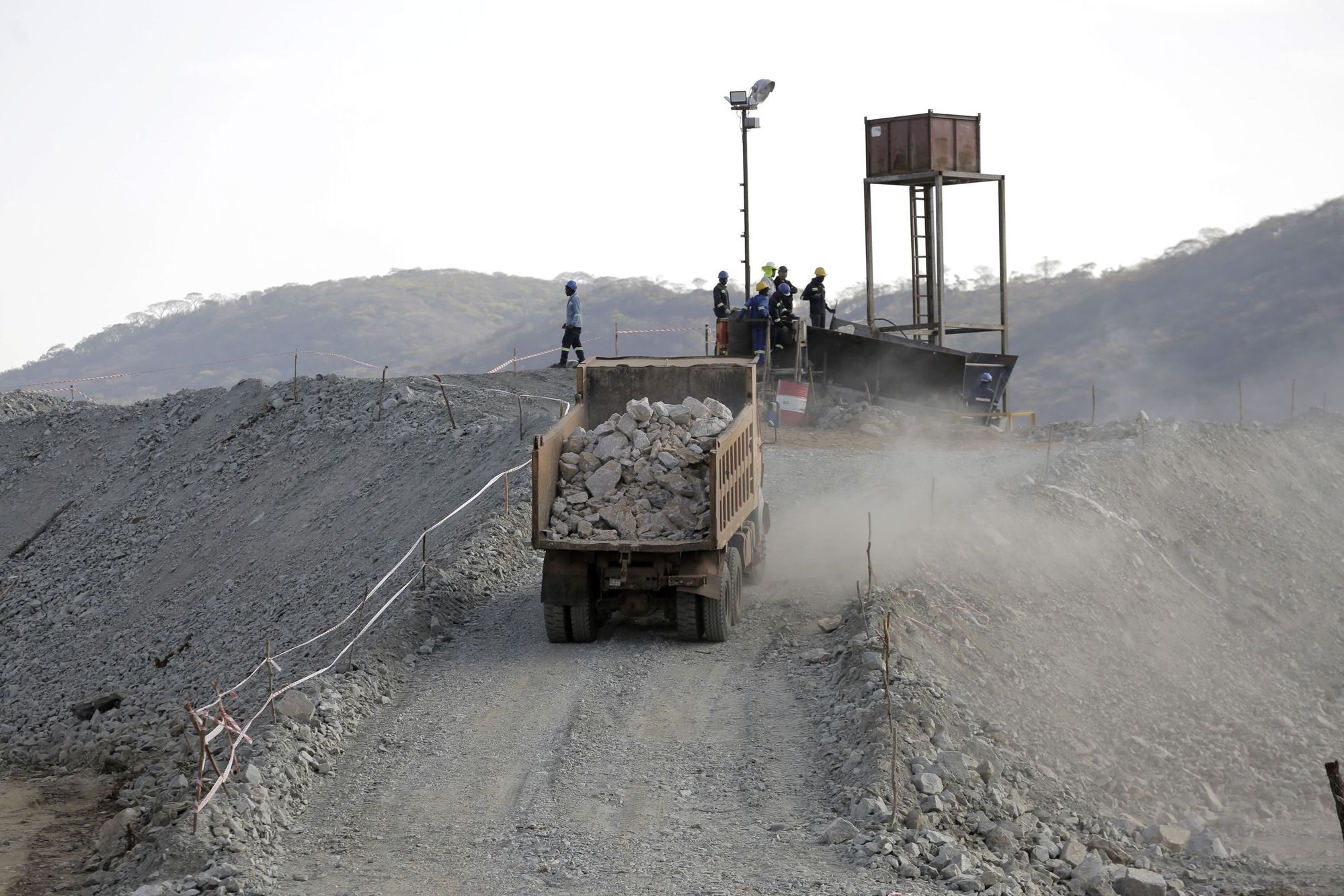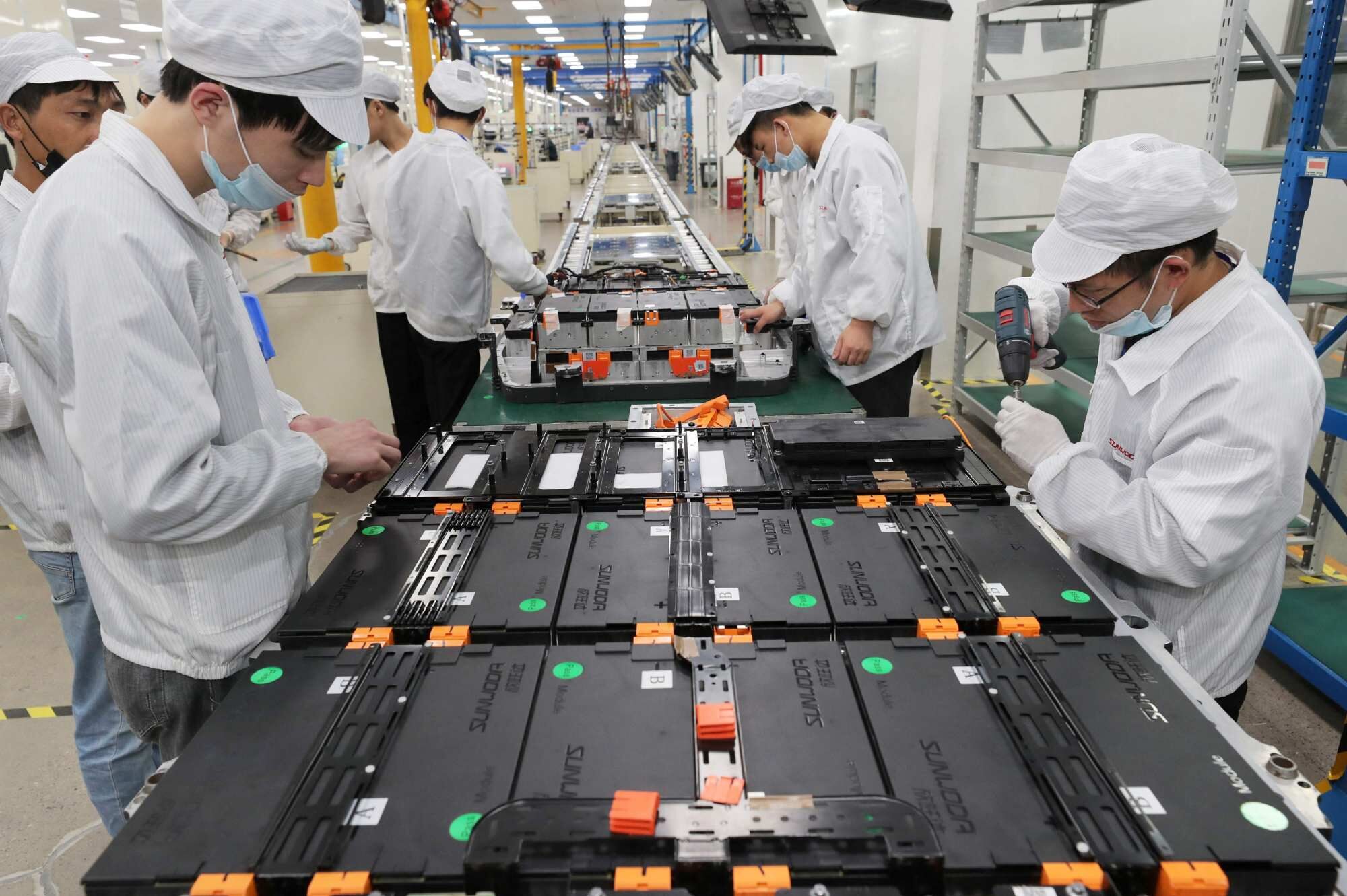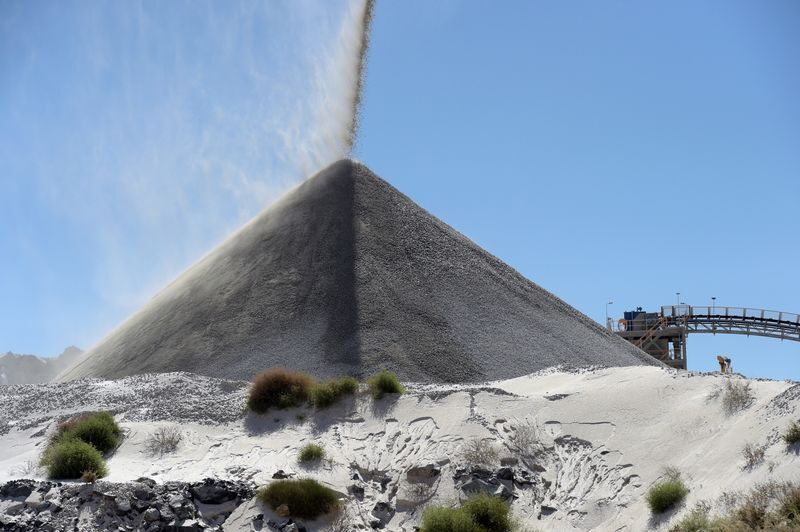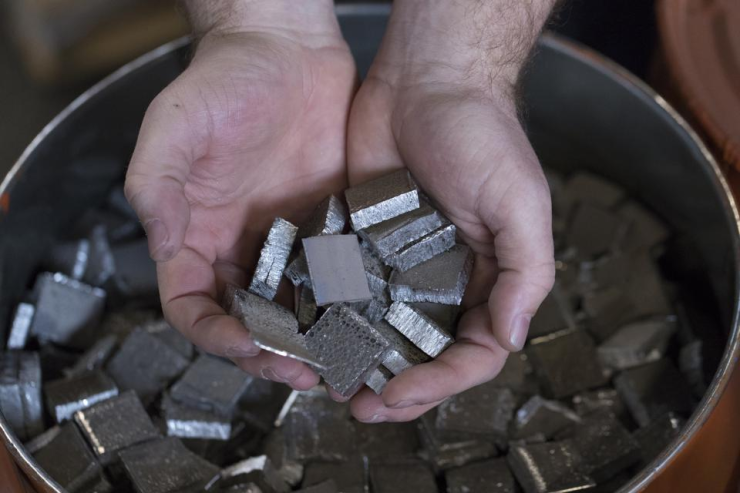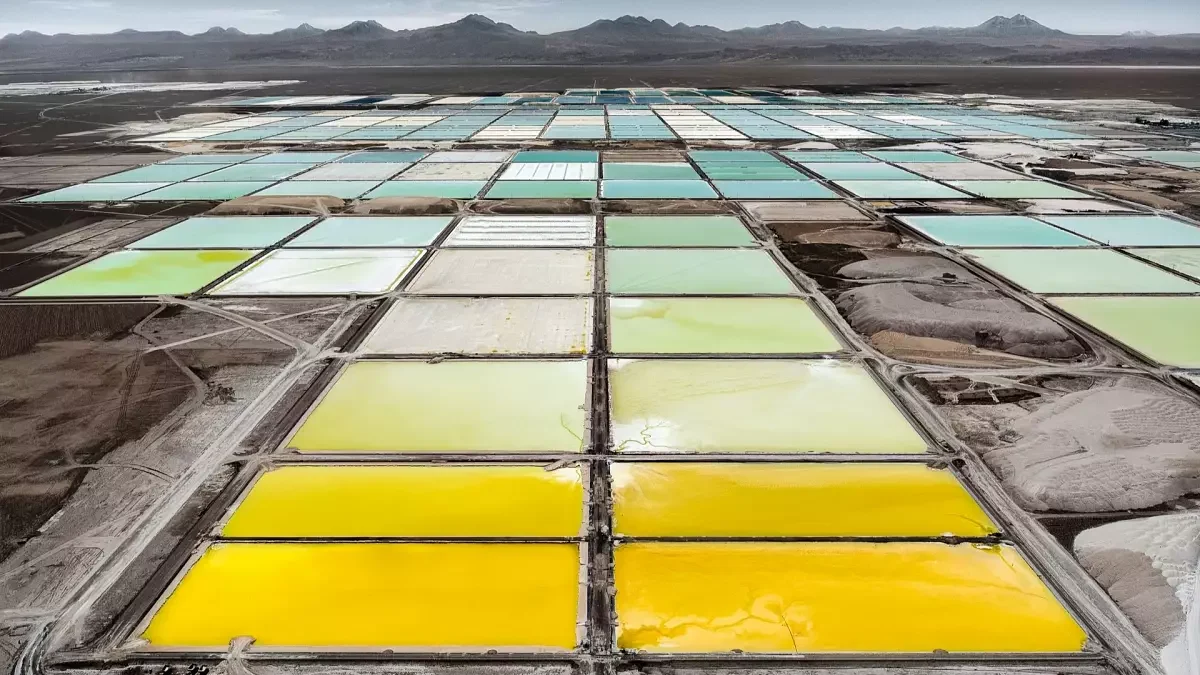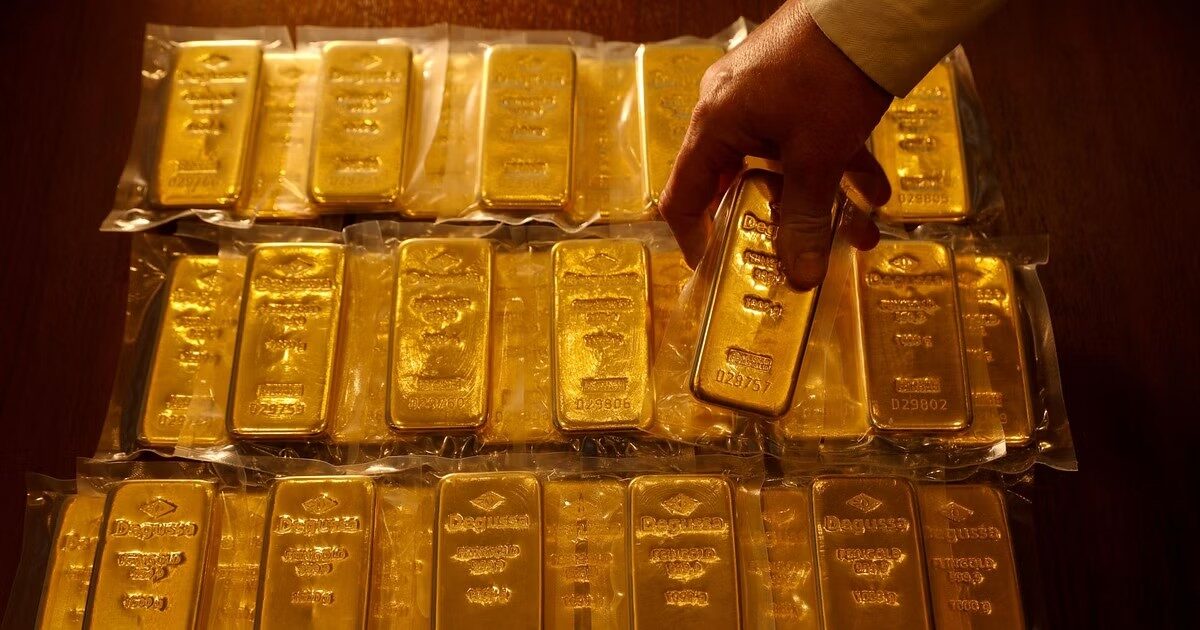Race to Control Electric-Vehicle Supply Chains Leads to Africa
To bypass China, Western companies are investing in facilities to process battery metals in countries such as Tanzania, Mauritius and South Africa.
Pressure to create supply chains for electric-vehicle batteries that bypass China is prompting Western miners to do something they have long avoided: process their metals in Africa.
China dominates both the production and processing of critical minerals such as cobalt and lithium that are key to the energy transition. That has led to growing concerns among Western governments, including in Washington, about their dependence on Beijing.
Now, some Western companies and investors are starting to build processing plants in Africa so they can refine the raw materials they mine on the continent locally and export them directly to Europe and the U.S.
The investments show how Western executives have become more willing to swallow the risks associated with many African countries, including poor infrastructure, limited skilled labor and, in some places, a reputation for government corruption. By building processing facilities, companies are also meeting demands from African governments that have long called for more local processing for metals and minerals extracted from their soil.
Western companies are starting to build processing plants in Africa to refine the raw materials they mine on the continent locally and export them directly to Europe and the U.S., because of growing concerns among Western governments about their dependence on Beijing.
BHP Group has invested $100 million in a nickel mine in Tanzania along with Lifezone Metals, with plans to build a processing plant to refine the metal in the country.
Investments in processing facilities in Africa are likely to rise given the expected boom in demand for battery metals.
Vision Blue Resources, a London-based $650 million fund, is investing in a new graphite mine in Madagascar and a related processing facility in nearby Mauritius. It is also backing a cobalt refinery in Zambia that it says will be the world’s third largest and the biggest outside of China.
Despite growing interest from investors, huge challenges remain for companies that want to do business in Africa. For example, Zimbabwe banned the export of raw lithium in December, effectively forcing foreign companies to process it there, and Chinese competitors still have the upper hand. Many Westerners say the opportunity now outweighs the risks of doing business in Africa. ReElement Technologies is building a processing facility in South Africa to refine lithium mined in South Africa to battery grade.
Boris Kamstra, chief operating officer at Premium Nickel Resources Ltd, said people are now looking for non-Chinese sources of battery metals.
Source: The Wall Street Journal

